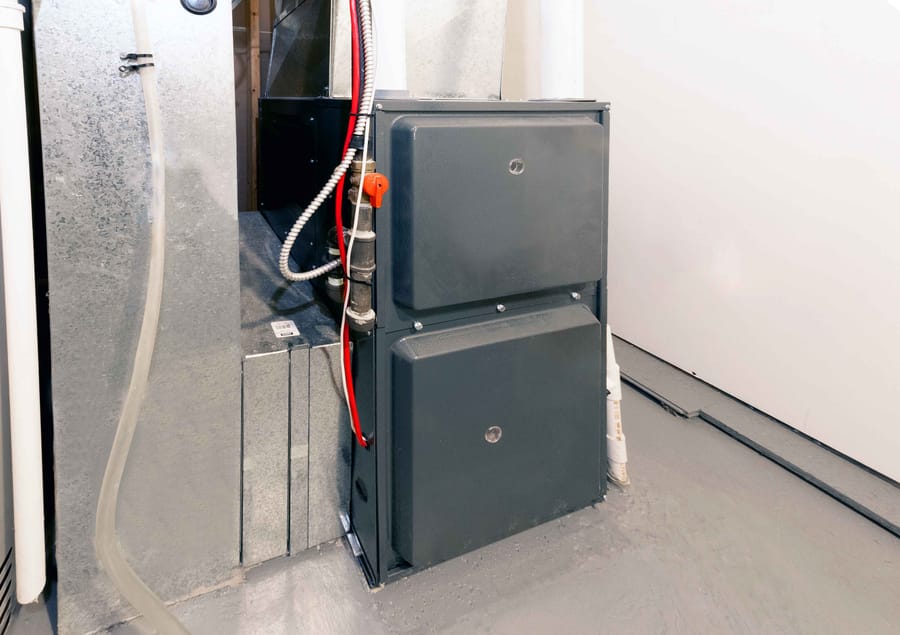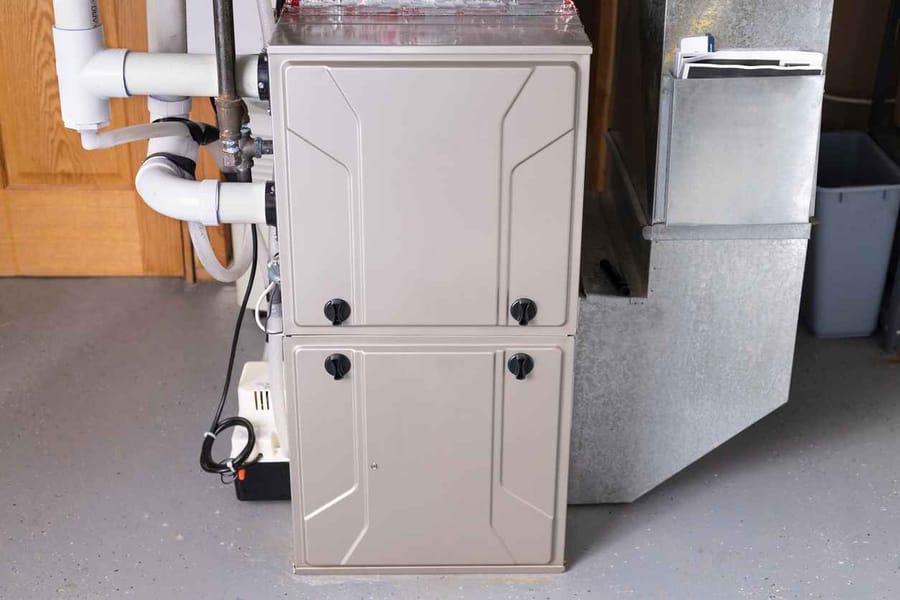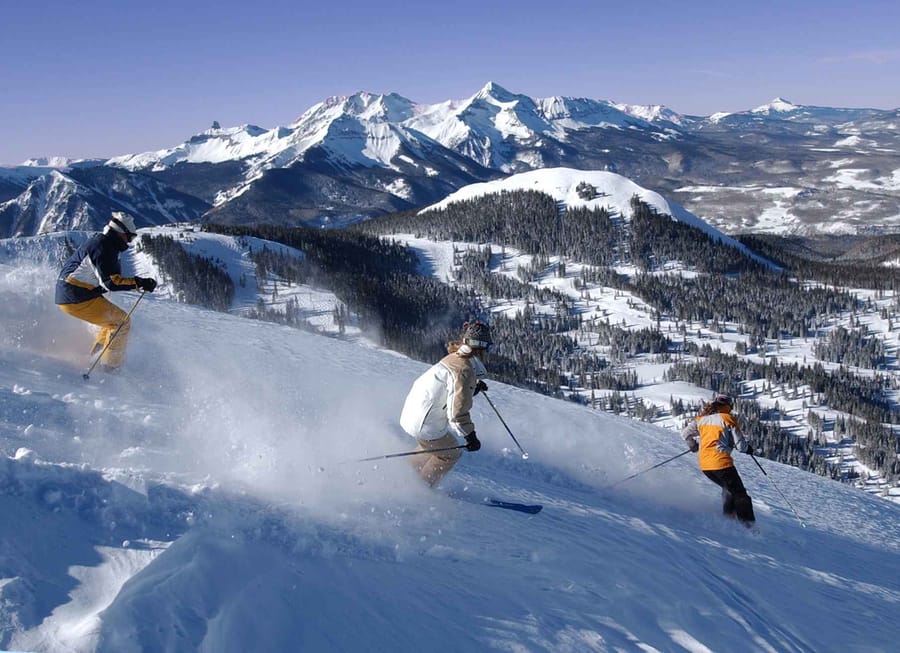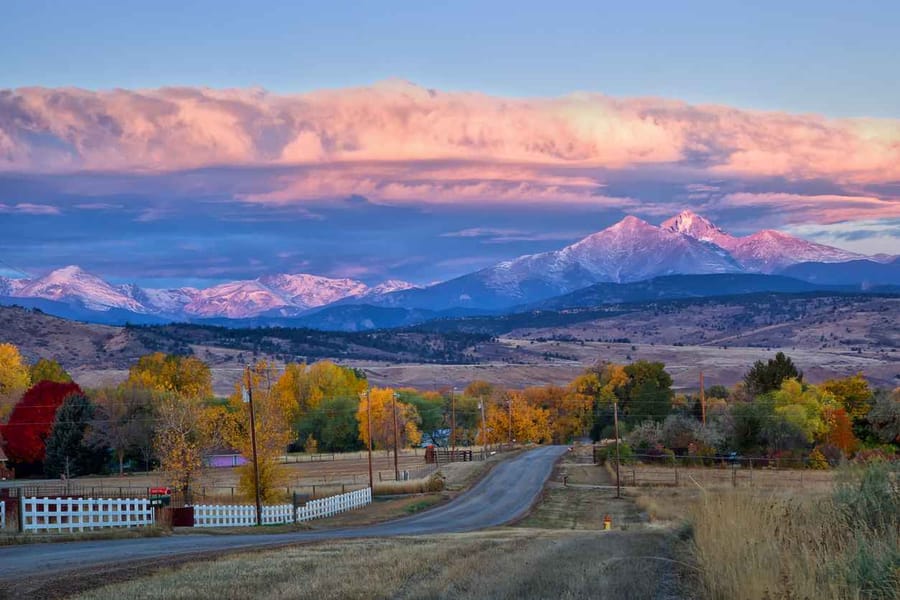4.8 Google Rating
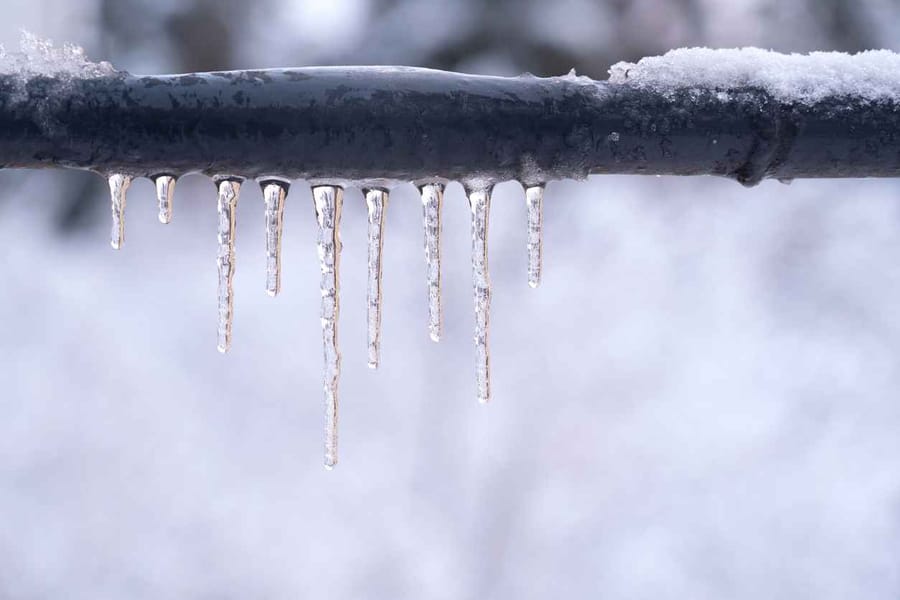
Preventing Frozen Pipes in the Denver Metro: What Every Homeowner Should Know
When winter arrives in the Denver Metro area, homeowners face more than just icy roads and frosty mornings. Freezing temperatures can put your home’s plumbing system at serious risk. One of the most common and costly cold-weather problems is frozen pipes. When water freezes inside your pipes, it expands and creates pressure that can cause cracks or even full bursts. The result can be extensive water damage, expensive repairs, and days of disruption.
Understanding how to prevent frozen pipes in Denver’s unpredictable winter climate is essential for protecting your home and your peace of mind. In this blog, we’ll cover what every homeowner should know, from why pipes freeze to how to prevent and respond to them before disaster strikes. Whether you live in a historic Denver neighborhood or a newer suburban home, these proactive steps will help you stay ahead of the cold and keep your plumbing safe all season long.
Why Frozen Pipes Are a Serious Problem
When pipes freeze, the water inside expands as it turns to ice. That expansion puts intense pressure on the pipe walls, which can cause cracks or even complete ruptures. Once temperatures rise and the ice thaws, water can rush out through those openings and flood your home. Even a small crack can release hundreds of gallons of water in a single day.
The damage goes beyond simple leaks. Burst pipes can ruin flooring, drywall, insulation, and electrical systems. Mold and mildew may develop quickly, creating health risks and costly remediation work. The average repair for a burst pipe can range from hundreds to thousands of dollars, depending on how much water escapes and where the break occurs.
Denver homeowners face added challenges because local temperatures can drop suddenly, and many homes have exposed pipes in basements, crawl spaces, or exterior walls. When those areas lack insulation, the risk of freezing rises sharply. What might start as a slow trickle could easily turn into a full-blown plumbing emergency within hours.
Taking frozen pipes seriously is not just about avoiding inconvenience. It’s about preventing structural damage, financial strain, and weeks of disruption to your home life.
What Makes Denver Homes Especially Vulnerable
Cold winters are nothing new to the Denver Metro area, but the region’s unique conditions make frozen pipes a recurring concern for local homeowners. Understanding why your home is at higher risk can help you take smarter preventive steps before temperatures plunge.
Denver’s Unpredictable Temperature Swings
Denver’s weather can change dramatically within a single day. Warm afternoons can turn into freezing nights with little warning. These sudden temperature drops create stress on plumbing systems, especially when pipes aren’t properly insulated. The rapid freeze-thaw cycles are hard on metal and PVC alike, increasing the risk of small cracks that worsen over time.
Homes with Exposed or Poorly Insulated Pipes
Many Denver homes, particularly older properties, have plumbing that runs through unheated spaces such as basements, crawl spaces, garages, and exterior walls. These areas often lack adequate insulation, allowing cold air to reach the pipes directly. Once that cold penetrates, even a short freeze can be enough to stop water flow and start the freezing process.
High Altitude and Wind Chill Factors
At higher elevations, air temperatures feel colder due to thinner air and reduced humidity. Combine that with the biting winter winds that sweep through the Front Range, and even insulated pipes can struggle to maintain safe temperatures. Wind chill can lower surface temperatures fast, particularly on exterior walls and outdoor plumbing lines.
Local Plumbing Layouts and Building Styles
Denver’s mix of older brick homes and newer suburban builds means not every plumbing system was designed with today’s insulation standards in mind. Homes built before modern energy codes often have pipes placed close to exterior walls or windows, which makes them especially vulnerable when temperatures drop below freezing.
Early Warning Signs of Freezing Pipes
Recognizing the early warning signs of frozen pipes can make the difference between a minor inconvenience and a major plumbing emergency. Denver’s cold snaps often strike without much notice, so keeping an eye on your plumbing during extreme weather can help you act before the damage begins.
Slow or Irregular Water Flow
If water pressure suddenly drops or faucets release only a trickle, it’s often a red flag that ice is beginning to form inside the pipe. The blockage restricts water flow, and if left unchecked, can lead to a complete freeze and burst. Check multiple fixtures around your home to determine whether the issue is isolated or widespread.
Frost or Condensation on Pipes
Visible frost on exposed pipes is one of the clearest signs of freezing. Even heavy condensation on pipes in basements, crawl spaces, or near exterior walls can signal that temperatures have dropped dangerously low. In these moments, quick action, such as warming the area or insulating the pipe, can prevent serious damage.
Unusual Noises in the Plumbing System
Banging, clanking, or gurgling sounds in the pipes may indicate trapped air or expanding ice. These noises often occur as ice begins to restrict water flow or as pressure builds behind a forming blockage. Any strange sounds should be treated as a warning to inspect your system immediately.
Cold Spots or Frosty Walls
If you feel unusually cold spots on interior walls or notice condensation forming in one area, it may mean pipes behind that wall are freezing. Denver homeowners often experience this in rooms facing north or along exterior walls where insulation is thin.
Odors from Drains or Faucets
When pipes start to freeze, air pressure changes can trap unpleasant smells in your plumbing. Foul or unusual odors coming from a drain or faucet may be an overlooked early warning sign that a section of pipe is partially frozen.
How to Prevent Frozen Pipes Before Winter Hits
The best way to handle frozen pipes is to stop them from freezing in the first place. As temperatures in the Denver Metro area drop, taking preventive action can save you from costly damage and major stress later in the season. Here are proven strategies every homeowner should follow before the first deep freeze.
Insulate Exposed Pipes
Start by wrapping insulation around any pipes located in unheated or poorly insulated areas, such as garages, basements, crawl spaces, and exterior walls. Foam sleeves or fiberglass insulation are affordable and effective options. Focus especially on pipes near windows, vents, or other openings where cold air can seep in.
Seal Cracks and Gaps Around Pipes
Even small gaps where plumbing enters your home can let in freezing air. Use caulk or expanding foam to seal those openings and keep out drafts. Pay close attention to areas where pipes run through exterior walls or foundations, as they are most exposed to temperature drops.
Disconnect and Drain Outdoor Hoses
Leaving a garden hose attached to an outdoor spigot is one of the most common causes of frozen pipes. Before winter hits, disconnect all hoses, drain any remaining water, and shut off the inside valve that supplies outdoor faucets. You can also install insulated faucet covers for added protection.
Maintain a Consistent Indoor Temperature
Keep your thermostat set to the same temperature during the day and night, even if you’re away. A few extra degrees of warmth can make a big difference in preventing frozen pipes. Denver’s sudden overnight temperature drops can freeze unprotected plumbing quickly, so consistency is key.
Let Faucets Drip During Extreme Cold
On nights when temperatures fall below 20°F, let cold water drip slowly from faucets connected to exposed pipes. This small movement of water can prevent pressure buildup and help keep pipes from freezing solid.
Schedule a Professional Plumbing Inspection
Before the coldest part of the season arrives, schedule a home plumbing inspection. A licensed plumber can identify vulnerable spots, recommend insulation upgrades, and ensure your system is winter-ready. Preventive maintenance is far less expensive than emergency repairs after a burst.
Emergency Steps if Your Pipes Freeze
Even with the best prevention, extreme Denver cold snaps can still catch homeowners off guard. If you suspect your pipes are frozen, acting quickly and safely can help minimize damage and avoid costly repairs.
Identify the Frozen Section
Start by turning on all your faucets. If only one or two fixtures have little to no water flow, the freeze is likely isolated to a specific section of pipe. Check areas most prone to freezing, such as basements, crawl spaces, attics, and walls along the exterior of your home. Look for visible frost, condensation, or bulging spots on the pipe.
Turn Off the Water Supply
If you notice any cracks, leaks, or bulges, immediately shut off your home’s main water supply. This step prevents water from rushing out once the pipe thaws and causes flooding. Locate your home’s main shutoff valve before an emergency occurs so you can act fast when it matters.
Safely Warm the Frozen Pipe
To thaw a frozen pipe safely, use gentle, consistent heat. A hair dryer, heating pad, or space heater can be effective. Always keep heat sources away from water and never use open flames like a blowtorch or propane heater. Begin warming the pipe from the faucet end and move slowly toward the frozen section to allow melting water to escape.
Open Faucets and Monitor Pressure
As the pipe begins to thaw, open faucets to let water flow and relieve pressure. Once water starts moving again, let it run for a few minutes to help clear ice and ensure the pipe is fully thawed.
Call a Licensed Plumber If You’re Unsure
If you can’t locate the frozen section or suspect a burst has occurred inside a wall, call a licensed Denver plumber right away. Professional tools, such as heat cables and pipe thawing machines, can safely restore water flow without causing additional damage.
Prevent Future Freezes After Thawing
After the immediate issue is resolved, take time to inspect your plumbing and insulation. Identify the source of the cold exposure and fix it before temperatures drop again. Installing insulation or heat tape on vulnerable pipes can help you avoid another emergency.
Protect Your Home Before the Next Freeze
Frozen pipes aren’t just a winter inconvenience. They can also cause serious water damage and expensive repairs. By staying alert to the warning signs, taking preventive steps early, and acting fast when temperatures drop, Denver homeowners can protect their plumbing and their peace of mind all winter long.
Winter weather in the Denver Metro can be unpredictable, but with preparation, your home doesn’t have to suffer. The right insulation, steady indoor temperatures, and timely maintenance can make all the difference when the next cold front hits.
For expert help preparing your plumbing system for winter or dealing with frozen pipes, contact AAA Service Plumbing, Heating and Electric. Our team of trusted local professionals has decades of experience serving Denver homes and is ready to help keep your plumbing running smoothly, no matter how cold it gets outside.

